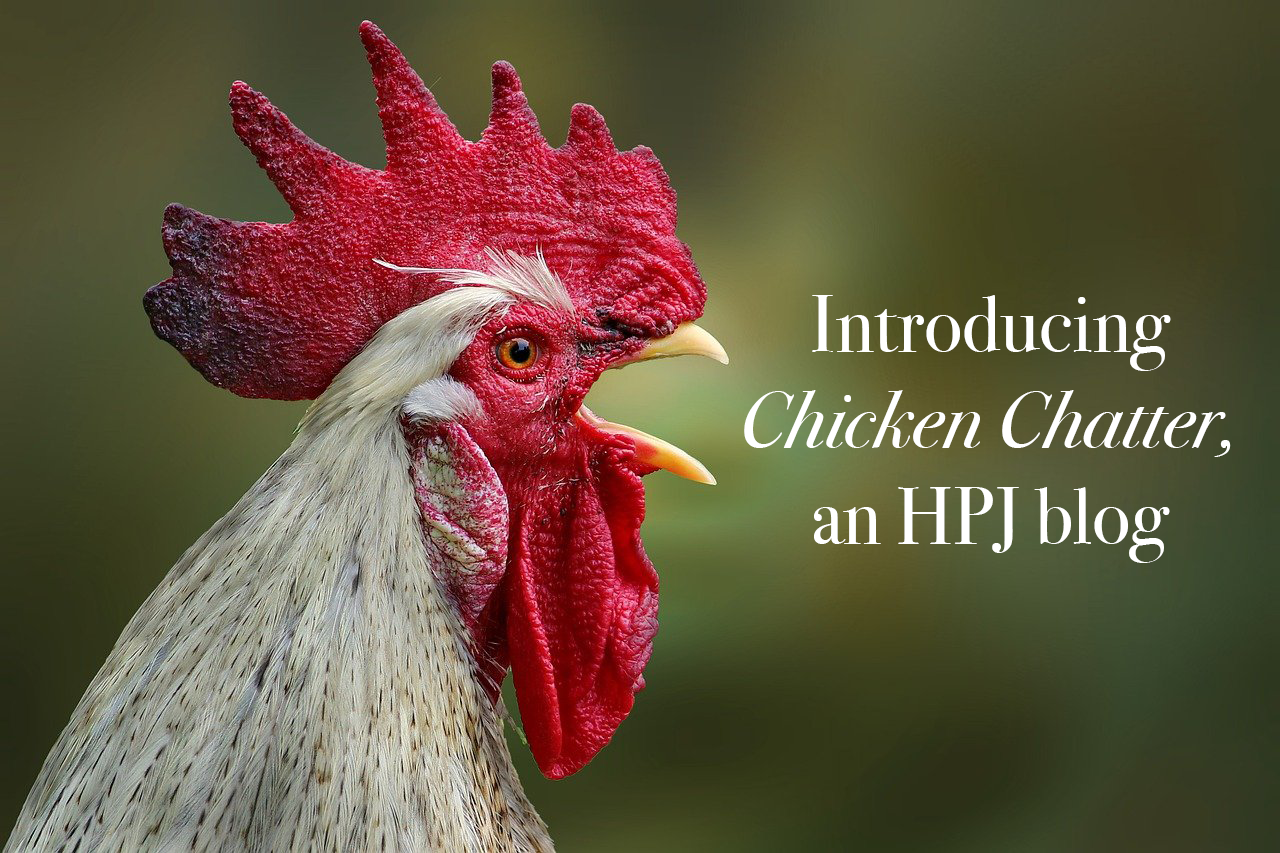Introducing Chicken Chatter, a backyard bird blog

I’ll say it loud and proud right now—I am a chicken owner and I’m never going back to a chicken-less house. I still remember the first egg I ever collected from the laying box. It was satisfying and exhilarating to finally see the product of my—and my hen’s—labor after months of waiting. Any chance I have to chat with another chicken connoisseur, I usually learn something new or have the opportunity to share some of the knowledge I’ve gained over the last five years of poultry ownership.
The backyard bird community only seems to grow as more and more people give chickens a try and most of them become hooked on these birds. Over the last 10 years, chicken ownership has made a comeback, with many people long disconnected from the farm, discovering the joy of owning these feathery pets that poop breakfast.
With the COVID-19 pandemic in 2020, backyard chickens became even more popular because people were forced to stay home, and grocery store shelves were often empty. Although less than 2% of Americans currently live on farms, according to the American Pet Producers Association, as many as 13% of U.S. residents are chicken owners.

As a farmer’s daughter, an agricultural journalist and someone who currently lives on a farm, I love that chickens—just like the eggs they produce—are serving as a binder to bridge the gap between agriculturists and consumers several generations removed from the farm. This inspired me to start a chicken blog called Chicken Chatter, to discuss various fowl topics, including some of my own experiences with a flock of 11 birds and insights from others involved with the backyard bird pastime.
If your knowledge of chickens is limited and you are wondering why they are so popular, let me close this piece with some incredible, lesser-known facts about chickens that are sure to educate, if not amaze any reader. Firstly, chickens are the closest animal to having a Tyrannosaurus rex as a pet, because they are the closet living relatives to these prehistoric predators.
They are omnivores, so they eat both plants and meat—although some believe feeding them meat can make them aggressive. I don’t want an actual T-rex in my yard, so I avoid feeding them meat at my house.
Most hens lay about 265 eggs a year. Imagine never having to buy another carton of eggs. I only supplement around Christmas when the egg-laying slows down and my home baking business is on fire. Otherwise, I have about three or four dozen eggs at my disposal at all times.
Additionally, there are major differences between the eggs my free-ranging hens lay and the ones I have bought from the store. The yolks of my chicken eggs are a rich, golden color versus store-bought eggs that are a pale yellow. Furthermore, you can taste the difference. The diverse diets my chickens eat give the eggs incredible flavor!


We all know chickens have wings, but they don’t really use them to fly. They can only fly for a short distance and only reach a few feet off the ground, but they are quick on their feet if being chased. Chickens can run as fast 9 miles per hour. For comparison, humans can only run a max of 8 mph. That gives a whole new perspective to chasing chickens because if they are out in the open, you’re going to have a hard time catching one.
Although chickens cannot see in the dark, they have excellent vision during the day—even better than humans in fact. They rely on their vision and excellent depth perception to watch out for predators and successfully fly into trees, land on a perch or in a laying box. Even more to their credit, they can recognize up to 100 human faces and they remember people. There is not much that brings me more joy than seeing all my hens running towards me because they know who I am.
They really are incredible animals and after several years of consistently owning chickens, I can’t see my life without them. If you love chickens or want to learn more about them, follow Chicken Chatter on www.hpj.com for new installments each month and let’s talk chickens together.
Lacey Vilhauer can be reached at 620-227-1871 or [email protected].



